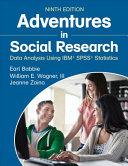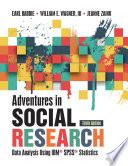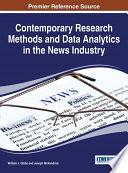
Research Methodology
A Toolkit of Sampling and Data Analysis Techniques for Quantitative Research
Document from the year 2012 in the subject Statistics, grade: -, Monash University Malaysia, Sunway Campus, language: English, comment: Please reference this publication as: Lim, W.M. and Ting, D.H. (2012). Research methodology: a toolkit of sampling and data analysis techniques for quantitative research. GRIN Publishing: Munich, Germany., abstract: Selecting appropriate sampling methods and data analysis techniques for a research study is generally accepted by all researchers in the academia as an imperative component of the research methodology. However, researchers may be encountered with dilemmas when it comes to choosing the most suitable combination of methods to obtain a randomize sample and the best data analysis techniques which are able to project the true state of affairs of the researched phenomenon. This book features a wide range of sampling and data analysis techniques which have been proven to be effectively useful in guiding researchers in the adoption of the most appropriate sampling and data analysis techniques which are in line to accomplish the established research objectives.
- ISBN 13 : 3656125007
- ISBN 10 : 9783656125006
- Judul : Research Methodology
- Sub Judul : A Toolkit of Sampling and Data Analysis Techniques for Quantitative Research
- Pengarang : Weng Marc Lim, Ding Hooi Ting, Ding Hooi Ting,
- Penerbit : GRIN Verlag
- Bahasa : en
- Tahun : 2013
- Halaman : 84
- Google Book : http://books.google.co.id/books?id=Fi0srBsjlN0C&dq=intitle:Research+Data+Analysis&hl=&source=gbs_api
-
Ketersediaan :
008033 Tersedia di Library of UI BBC
This book features a wide range of sampling and data analysis techniques which have been proven to be effectively useful in guiding researchers in the adoption of the most appropriate sampling and data analysis techniques which are in line ...









